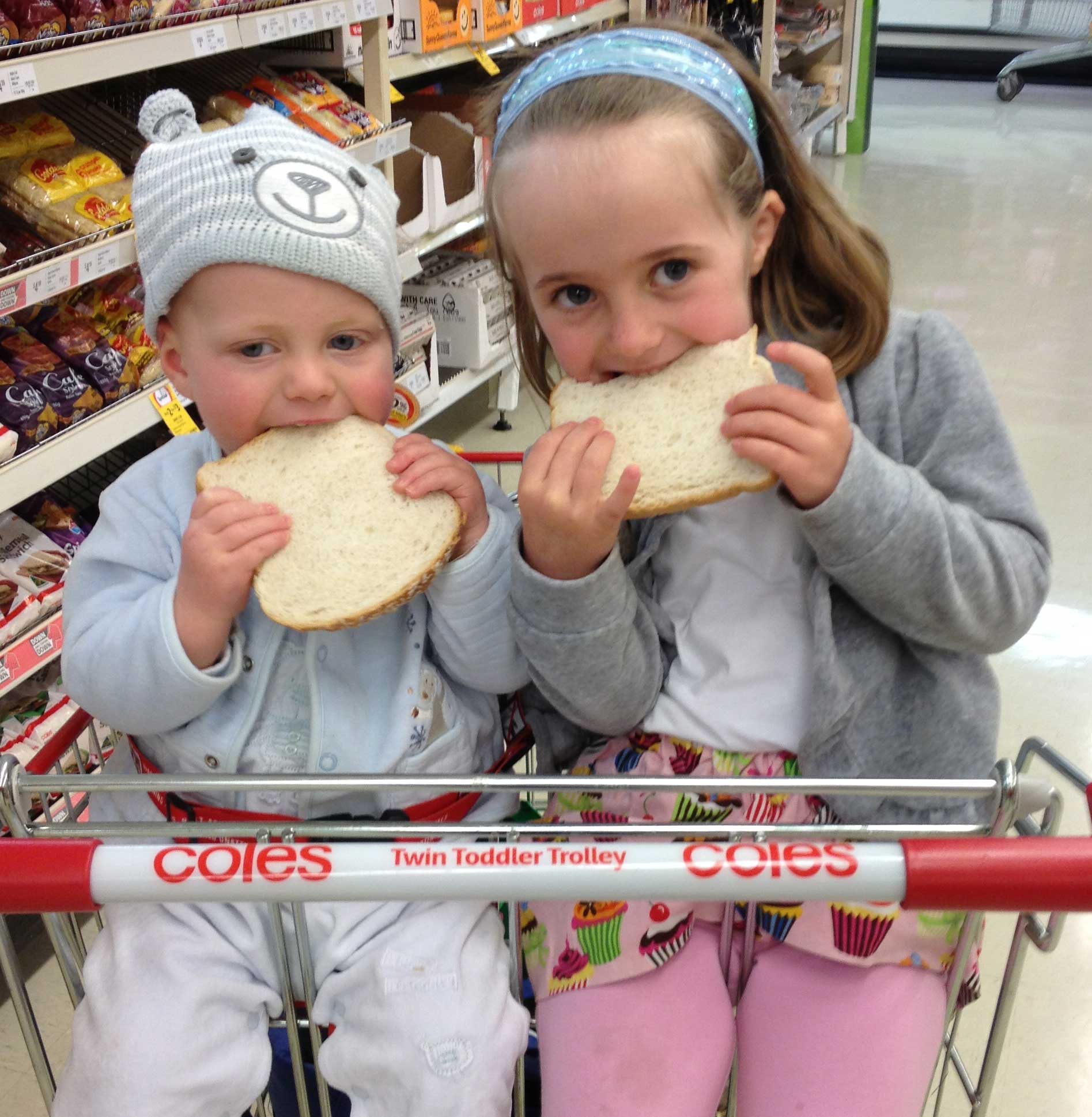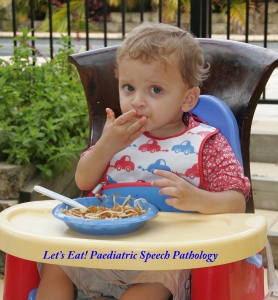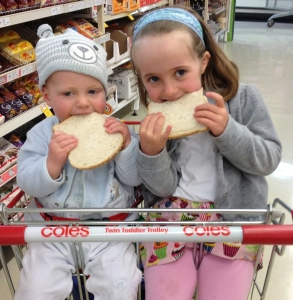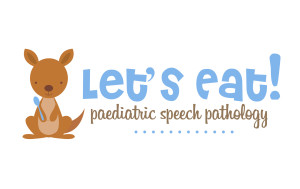
Do you have a child with Autism Spectrum Disorder (ASD) and fussy eating?
Have you tried different therapy strategies with limited or no success?
Here is the challenge – in order to get the best treatment in this area, we need to accurately assess the feeding difficulty. But what is it that we are actually looking at? Is it?
- Videos of mealtimes… or
- Parent surveys… or
- Observation of the child eating?… or
- Nutritional analysis of your child’s diet… or
- Sensory profile of your child?… or
- Parent’s sensory profile?… or
- The whole eating and mealtime dynamic and relationship to stress?
Is it all of the above or a combination? And VERY importantly, how difficult is it for you to give us all this information? What do you value the most? What takes too much time?
The University of Newcastle researchers are currently doing a project on children with fussy eating and ASD. What do we already know about fussy eating and ASD?
- We know that many children with autism are fussy eaters, and that some of these children are at risk of nutritional deficiencies.
- We know that many children with autism prefer bland foods such as white bread, potato chips, and chicken nuggets.
- We know that many children with autism have sensory processing differences, and that these may influence their choices in eating.
- We know that parents of children with autism often have many stresses in their lives, and their child’s fussy eating may be one.
What don’t we know about fussy eating and autism?
- We don’t know why many children with autism are fussy eaters?
- We don’t know how a child’s sensory differences affect their diet?
- We don’t know if other factors, such as parenting stress, are related to fussy eating?
- We don’t know the best way to find out about how fussy eating affects you and your child.
Can you help us piece the puzzle together? The more information we have from you as parents, the better we will be able to research this complex area.
With more research means better assessments and therapy programs that work – in helping you and your child down the track. Here’s what you would need to do if you would like to be involved…
- Fill out forms about your child’s eating patterns and their sensory needs.
- Fill out forms about your sensory preferences and your stress as a parent
- Complete a three-day food diary telling us what your child has had to eat.
- Take a 10-15 minute video clip of your child eating a meal.
Someone from the research team will meet with you in person to guide you through the process.
Will participating in this study help my child?
The short answer to this question is no. This is not a study about treatment, yet!
What’s in it for me?
You as the parent/caregiver offer the research team very valuable information. This information will help researchers understand the best, and most realistic way to get information about your concerns. In a way you and your child are pioneers for other families – you are helping lay the foundation for future research. Research that will help improve our approach to fussy eating
So, while participating in this study will not help your child with their fussy eating, we hope that it will help families just like you, in the future.
Will you help us?
Please email Val Gent from Let’s Eat! Paediatric Speech Pathology (email Valerie.gent@letseatspeech.com.au) or get in touch with the researchers directly. Shelly Lane from the University of Newcastle is the project director and she can be reached at shelly.lane@newcastle.edu.au
Thank you to Alex and the team from The University of Newcastle for summarizing their research project for our Let’s Eat Speech blog post.
Until next time,
Wishing you happy and connected mealtimes with your family
Val
Paediatric Feeding Speech Pathologist @ Let’s Eat! Paediatric Speech Pathology
This website and information on this blog post is provided for educational purposes. It is not meant or intended to replace Speech Pathology assessment and management nor medical or nutritional care for a child. It is recommended that you discuss any concerns or questions you might have with your Speech Pathologist and managing Doctor and develop an individualised team plan specifically for your child.
About the author of this blog post
Valerie Gent is an Australian based Speech Pathologist with 15 years experience in Paediatric Feeding. She has opened a private practice called ‘Let’s Eat! Paediatric Speech Pathology’ in 2013 for Newcastle based babies and children with feeding difficulties. Valerie is passionate about working in the area of paediatric feeding and special needs and has been involved in the teaching and training of Australian Speech Pathology University students and allied health professionals. Prior to starting her private practice, she worked in acute paediatric hospitals in neonatal intensive care units, feeding clinics and clinics for children with special needs for 10 years. You can find out more about Valerie Gent and ‘Let’s Eat! Paediatric Speech Pathology’ via her website www.letseatspeech.com.au and Facebook page www.facebook.com/LetsEatPaediatric SpeechPathology or email her on valerie.gent@letseatspeech.com.au





